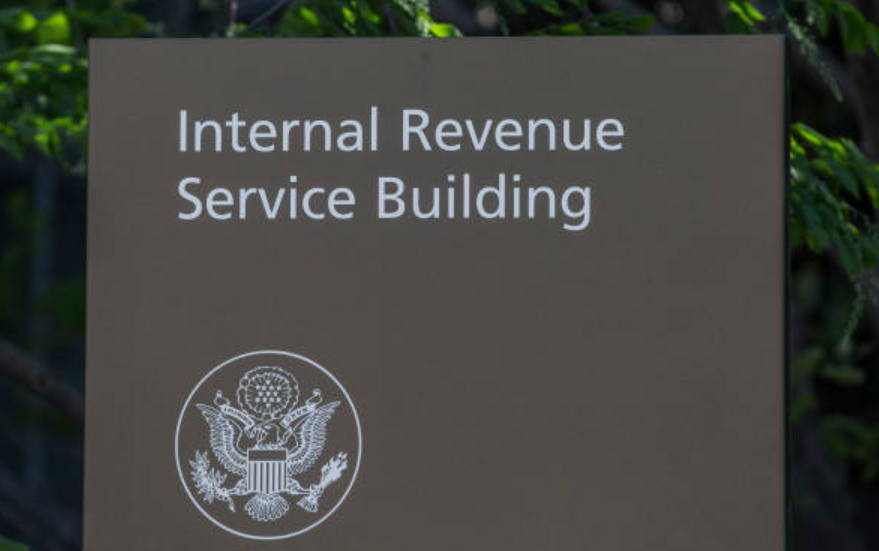The IRS has already awarded over 2.6 million refunds totaling over $3.65 billion, according to a recent report, as tax season gets underway.
As of February 2, the average refund amount has reached $1,395, reflecting a reduction of approximately 29% when compared to the average refund of $1,963 recorded in the preceding year.
Notably, these statistics are based on a mere five days since the 2024 tax season commenced on January 29, significantly fewer than the 12 days accounted for during the same period last year.
Mark Steber, chief tax information officer at Jackson Hewitt, emphasizes the preliminary nature of these figures, cautioning against drawing extensive conclusions from such early data. Last year, the average refund for the 2023 filing season stood at $3,167 by December 29, as reported by the IRS.
Many early filers, including recipients of the earned income tax credit and the child tax credit, are yet to file their returns. Per IRS regulations, those claiming the refundable portions of these credits won’t receive refunds until at least February 27.
IRS Refund Adjustments

Despite the smaller average refund this year, Steber anticipates substantial refunds, attributing this partly to higher inflation.
In cases where incomes failed to keep up with inflation in 2023, taxpayers might see larger refunds due to IRS inflation adjustments, including higher federal tax brackets and standard deductions.
While pending tax legislation in Congress could potentially boost refunds retroactively for certain eligible filers, the IRS advises taxpayers not to delay filing until legislation is finalized. IRS Commissioner Danny Werfel underscores the importance of prompt filing, urging taxpayers not to wait on Congress.
However, a recent survey from IPX1031 reveals that nearly half of taxpayers intend to delay filing until March or later, citing complexity and stress as primary reasons for the delay. As tax season progresses, taxpayers are urged to stay informed and submit their returns in a timely manner to ensure compliance with IRS regulations.


Comments are closed.